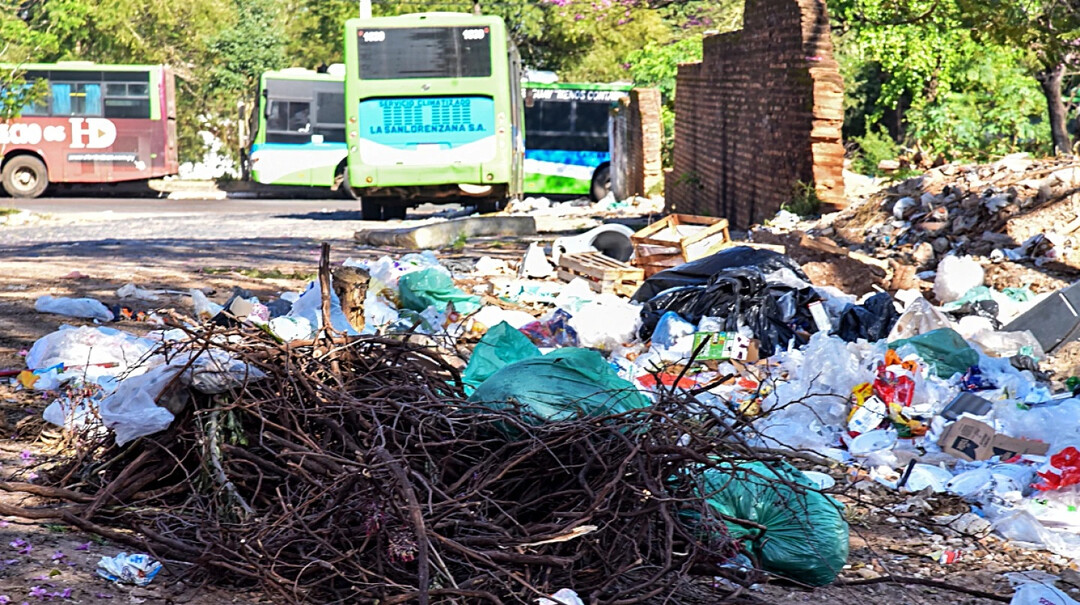
ASUNCIÓN – The city of Asunción, the capital of Paraguay, is considering an unprecedented measure to eradicate the widespread problem of illegal waste dumping. The city is pushing for a legal amendment to classify illegal dumping, currently considered a simple administrative offense, as a criminal act subject to prosecution. This move reflects the city's strong will to actively address a serious public health issue that not only damages urban aesthetics but also threatens the health of its citizens.
The Asunción Department of Environmental Management (DGGA) recently conducted a major environmental cleanup operation, removing dozens of tons of waste from major illegal dumping hotspots, including the Costanera Norte area. DGGA director Armando Ariel Becvort Azcurra stated, "Illegal dumps are more than just a visual pollutant; they are a breeding ground for pests and disease vectors," emphasizing the importance of eliminating mosquitoes that transmit dengue fever.
This cleanup operation focused on raising awareness about the public health threats posed by indiscriminate waste dumping and highlighting the seriousness of the environmental issue. An Asunción city official explained the background of the measure, pointing out that "some unscrupulous transporters and individuals continue to illegally dump waste in secluded areas instead of using Cateura, the official waste disposal facility."
Currently, Paraguay's environmental laws only impose administrative sanctions, such as fines, for illegal dumping. However, the city authorities have determined that these measures are insufficient to solve the root problem and plan to propose a related bill to the National Congress. If the bill is passed, illegal dumping will be classified as a criminal offense under the penal code, and offenders could face criminal penalties, including imprisonment, in addition to economic fines. This is expected to be a strong deterrent to raise awareness and prevent recurrence of illegal dumping.
Alongside the legal changes, the city of Asunción plans to conduct campaigns to improve citizen awareness. This is based on the understanding that a clean urban environment cannot be achieved through regulations alone and requires the responsible action and participation of all citizens. Asunción's move to 'criminalize' illegal dumping shows a new governmental approach to the waste problem and prompts reflection on the role of civil society in creating a sustainable city.
[Copyright (c) Global Economic Times. All Rights Reserved.]






























